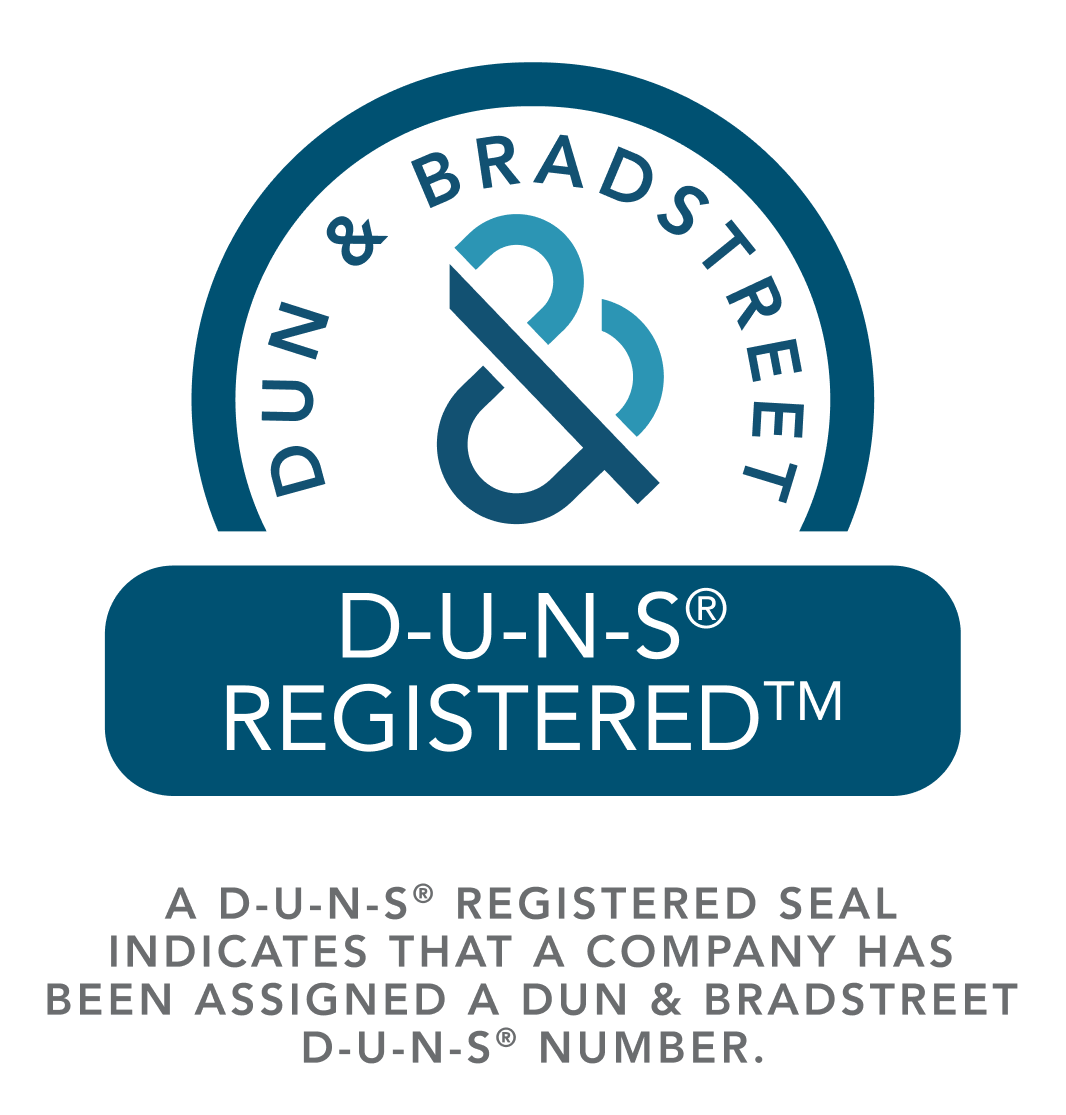Effective communication is the cornerstone of quality patient care, particularly in the field of pharmacy practice. Currently, approximately one out of every five Americans communicates in a language other than English within their households. As communities become more multicultural and linguistically diverse, healthcare providers face new challenges in ensuring effective communication with patients from different backgrounds.
In this blog, we will explore the profound effects of language barriers on the quality of patient care and discuss various strategies that pharmacy owners and pharmacists can employ to facilitate meaningful interactions with patients of diverse linguistic backgrounds.
The Effects of Language Barriers on Patient Care
Language barriers pose significant challenges to patient care, impacting various aspects of healthcare delivery and patient outcomes. These barriers can arise due to differences in language proficiency between healthcare providers, such as pharmacists, and patients. The impact of language barriers on patient care includes:
- Misunderstandings in Communication: Language barriers hinder effective communication between pharmacists and patients, leading to misunderstandings regarding medication instructions, dosage regimens, and potential side effects. Without clear communication, patients may struggle to adhere to their treatment plans, resulting in medication errors, adverse reactions, and compromised health outcomes.
- Limited Access to Information: Patients with limited English proficiency may face challenges in accessing essential healthcare information and resources, including medication labels, educational materials, and healthcare websites. This limited access to information can impede patients' understanding of their health conditions and treatment options, hindering their ability to make informed decisions about their care.
- Decreased Quality of Care: Language barriers contribute to disparities in the quality of care received by patients with limited English proficiency compared to their English-speaking counterparts. Pharmacists may encounter difficulties in providing comprehensive medication counseling and addressing patients' concerns effectively, leading to suboptimal healthcare experiences and outcomes for linguistically diverse patients.
- Patient Disengagement and Disparities: Language barriers can result in patient disengagement from healthcare services, as patients may feel excluded or misunderstood when their language needs are not adequately addressed. This disengagement can worsen disparities in healthcare access and outcomes, particularly among vulnerable populations with limited English proficiency.
Strategies to overcome language barriers in Pharmacy Practice

1. Utilize Professional Interpreter Services
- In-Person Interpretation: If possible, use in-person professional interpreters for detailed medication counseling. This ensures accuracy in communication and allows for a more personal interaction.
- Phone or Video Interpretation Services: For pharmacies that cannot have an in-person interpreter, phone or video services can be a viable alternative. Ensure that these services are readily available and that staff know how to access them quickly.
2. Use Visual Aids and Pictograms
- Pictograms can be used to illustrate dosing schedules, administration techniques, and warnings, transcending language barriers.
- Ensure that visual aids are clear, culturally appropriate, and universally understandable.
3. Train Staff in Cultural Competence and Basic Phrases
- Offer training to pharmacy staff on cultural competence to enhance their ability to interact effectively with patients from diverse backgrounds.
- Encourage staff to learn basic phrases in the languages most commonly spoken by the pharmacy's clientele, such as greetings, numbers, and simple instructions related to pharmacy care.
4. Provide Multilingual Written Materials
- Have key educational materials and instructions translated into the primary languages spoken by your patient population. This includes medication guides, side effect warnings, and pharmacy policies.
- Ensure translations are done by professionals familiar with medical terminology to maintain accuracy.
5. Network with Community Organizations
- Collaborate with local community organizations that work with immigrant and non-English speaking populations. They can provide valuable insights into the specific needs of these communities and may offer resources such as translation services or cultural training.
6. Encourage the Use of Medical Cards
- Encourage patients to carry medical information cards that include their personal information, medical history, and medication list in both English and their native language. This can facilitate better communication and care, especially in emergency situations.
7. Legal and Ethical Considerations
- Be aware of the legal requirements regarding language access services in healthcare settings, including pharmacies, to ensure compliance with federal and state laws.
- Always prioritize patient privacy and confidentiality, especially when using interpreters or third-party services.
Final Thoughts
Language barriers present multifaceted challenges, ranging from communication misunderstandings to limited access to vital healthcare information. These barriers can result in adverse health outcomes, decreased quality of care, and exacerbated healthcare disparities. However, implementing these strategies requires commitment and resources, but it significantly enhances the quality of care for non-English speaking patients and ensures that they receive the information and support they need to use their medications safely and effectively.
At Verovian Pharmacy Agency, we are committed to helping pharmacies build a workforce equipped to meet these challenges. Contact us today to learn more about how we can assist you in finding the right professionals to enhance your pharmacy practice.





